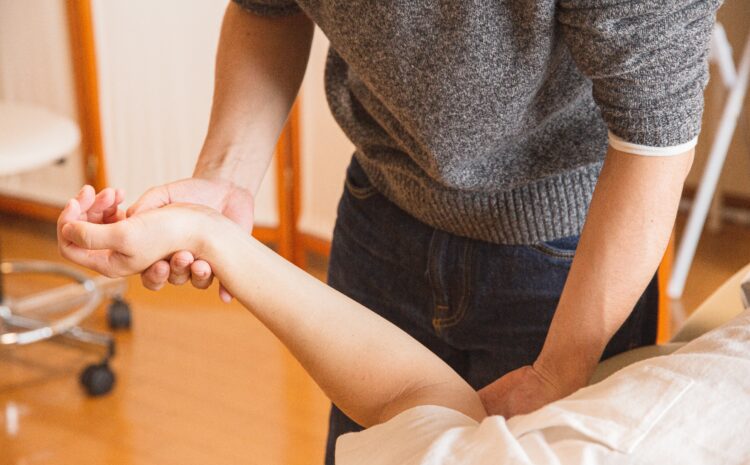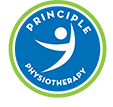
The Role of Physiotherapy in Treating Elbow Tendinopathies
Elbow tendinopathies are a common musculoskeletal condition characterised by pain and dysfunction in the tendons surrounding the elbow joint. These conditions, including tennis elbow (lateral epicondylitis) and golfer’s elbow (medial epicondylitis), can significantly impact an individual’s quality of life and ability to perform daily activities. While various treatment options exist, physiotherapy plays a vital role in managing and rehabilitating elbow tendinopathies. This article aims to explore the role of physiotherapy in treating these conditions.
Physiotherapy interventions for elbow tendinopathies are designed to alleviate pain, restore joint function, and promote healing. The initial stage of physiotherapy involves a comprehensive assessment by a qualified physiotherapist. This assessment typically includes a detailed history-taking, physical examination, and possibly imaging tests to evaluate the extent of the tendinopathy and rule out other underlying conditions.
One of the primary goals of physiotherapy is to reduce pain and inflammation. This may involve the use of ice therapy, heat, and massage. These techniques help to relieve pain, decrease swelling, and promote tissue healing.
Physiotherapy interventions for elbow tendinopathies are designed to alleviate pain, restore joint function, and promote healing. The initial stage of physiotherapy involves a comprehensive assessment by a qualified physiotherapist. This assessment typically includes a detailed history-taking, physical examination, and possibly imaging tests to evaluate the extent of the tendinopathy and rule out other underlying conditions.
One of the primary goals of physiotherapy is to reduce pain and inflammation. This may involve the use of ice therapy, heat, and massage. These techniques help to relieve pain, decrease swelling, and promote tissue healing.
A cornerstone of physiotherapy for elbow tendinopathies is exercise therapy. The physiotherapist will prescribe specific exercises targeting the affected tendons and muscles. In the case of tennis elbow, exercises may focus on eccentric strengthening of the wrist extensor muscles. For golfer’s elbow, eccentric strengthening of the wrist flexor muscles is often emphasised (a blog explaining eccentric training will follow). These exercises help to improve the strength, flexibility, and endurance of the tendons, promoting healing and preventing further injury.
In addition to exercise therapy, manual therapy techniques may be employed by the physiotherapist. These techniques can include soft tissue mobilisation, joint mobilisation, and stretching exercises. Manual therapy helps to improve tissue extensibility, restore normal joint range of motion, and relieve muscle tension.
Another important aspect of physiotherapy for elbow tendinopathies is education and advice. Physiotherapists provide valuable information to patients regarding ergonomics, posture correction, and activity modification. They help individuals understand the factors contributing to their condition and guide them in making appropriate lifestyle changes to prevent recurrence or aggravation of symptoms.
Furthermore, physiotherapists often incorporate other modalities into their treatment plans, such as taping techniques or orthotic devices. Taping can provide additional support to the affected tendons and muscles, reducing strain during activities. Orthotic devices, such as braces or splints, may be recommended to immobilise the joint temporarily or offload the affected tendons, facilitating healing.
Lastly, a crucial aspect of physiotherapy is the implementation of progressive rehabilitation programs. As symptoms improve, the physiotherapist will gradually introduce more challenging exercises and activities to restore full function. This may involve sport-specific training, functional exercises, and gradual return to work or sports activities, considering the individual’s specific goals and requirements.
In conclusion, physiotherapy plays a fundamental role in the comprehensive management of elbow tendinopathies. Through a combination of modalities such as pain management techniques, exercise therapy, manual therapy, education, and progressive rehabilitation, physiotherapists can effectively reduce pain, restore function, and promote healing. If you are experiencing symptoms of an elbow tendinopathy, it is essential to consult a qualified physiotherapist who can provide a tailored treatment plan to help you on your road to recovery.




